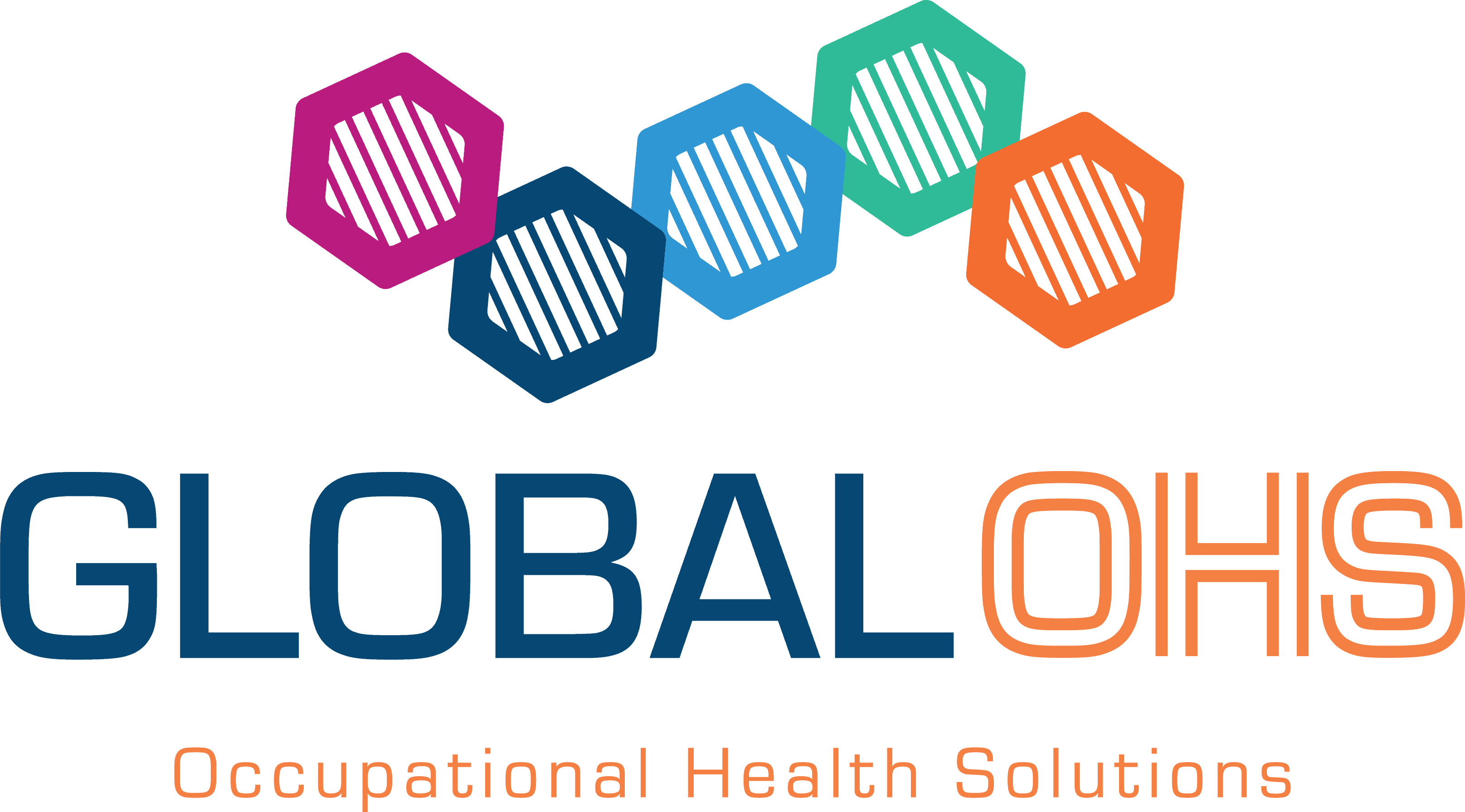Further to the blog in March on pre-employment, we have received a few questions asking for clarity so I thought it would be helpful to put together a brief Q&A.
1) When are candidates asked to disclose medical information, is it pre or post-offer of a position?
The Equality Act came into force in 2010 and section 60 specifically prohibits employers from asking health-related questions about a candidates fitness for the role (unless it relates to the job) until a conditional offer has been made. This is to reduce disability discrimination.
2) What information are you asking them to disclose and is it relevant to the role?
The employer is allowed to ask questions about health if it is necessary to establish whether or not any adjustments are required to attend the interview or the ensure that the candidates are not placed at a disadvantage. Questions can be asked if they are ‘necessary’ to ensure that a candidate must be able to undertake the functions that are intrinsic to the role. It is more about the ability to undertake as opposed to a disability. If inappropriate questions are asked, the burden of proof will fall on the employer to demonstrate to the candidate was rejected because of the consequences of the disability (as opposed to the disability itself which is direct discrimination) In some cases the Human Rights Commission may independently investigate and take enforcement action against employers who are in breach.
3) How is the information used and stored?
The ICO stipulate that storing and collecting health data incurs a higher level of security. This is known as sensitive personal data and usually invoked when health information is collected. Employers, especially in the public sector, need to be mindful of Article 8 of the European Convention on Human Rights which creates a right to respect for private and family life. The ICO set out the requirements of the DPA under section 4 – the main issues here are under the sensitive data rules are;
- Where information about workers’ health is to be processed, one of the Act’s sensitive data conditions must be satisfied. There are various conditions. Below we have listed the ones likely to be of most relevance to employers. Employers holding information about workers’ health ought to be able to answer ‘yes’ to one or more of these questions:
- Is the processing necessary to enable the employer to meet its legal obligations, for example, to ensure health and safety at work, or to comply with the requirement not to discriminate against workers on the grounds of sex, age, race or disability?
- Is the processing for medical purposes, e.g. the provision of care or treatment, and undertaken by a health professional or someone working under an equivalent duty of confidentiality, e.g. an occupational health doctor?
- Is the processing in connection with actual or prospective legal proceedings?
- Has the worker given consent explicitly to the processing of his or her medical information?
4) On the current forms used, does it state they are being returned to their manager as opposed to a medical professional in confidence?
If not, then you may be in breach of the last point. Likewise, there exists no duty of medical confidentiality between the manager and employee and should the employee be dismissed then it will be difficult to shift the burden of proof as in point 1.
As medical in confidence data is sensitive data, there are specific requirements under DPA and the Equality Act of 2010 had little chance to this – however, there exists a duty of confidence which employers need to be mindful of.
The case of Hartman v South Essex Mental Health and Community Care NHS Trust
Employers will not always be deemed to know everything that an OH adviser knows about a particular employee. It may, in some circumstances, be appropriate for OH to inform the employer of information discovered during a pre-employment assessment, for example where there are serious health and safety risks involved in the employer not being aware of a particular condition. Therefore it is OH who undertakes the assessment of fitness for work and carries the risk.







